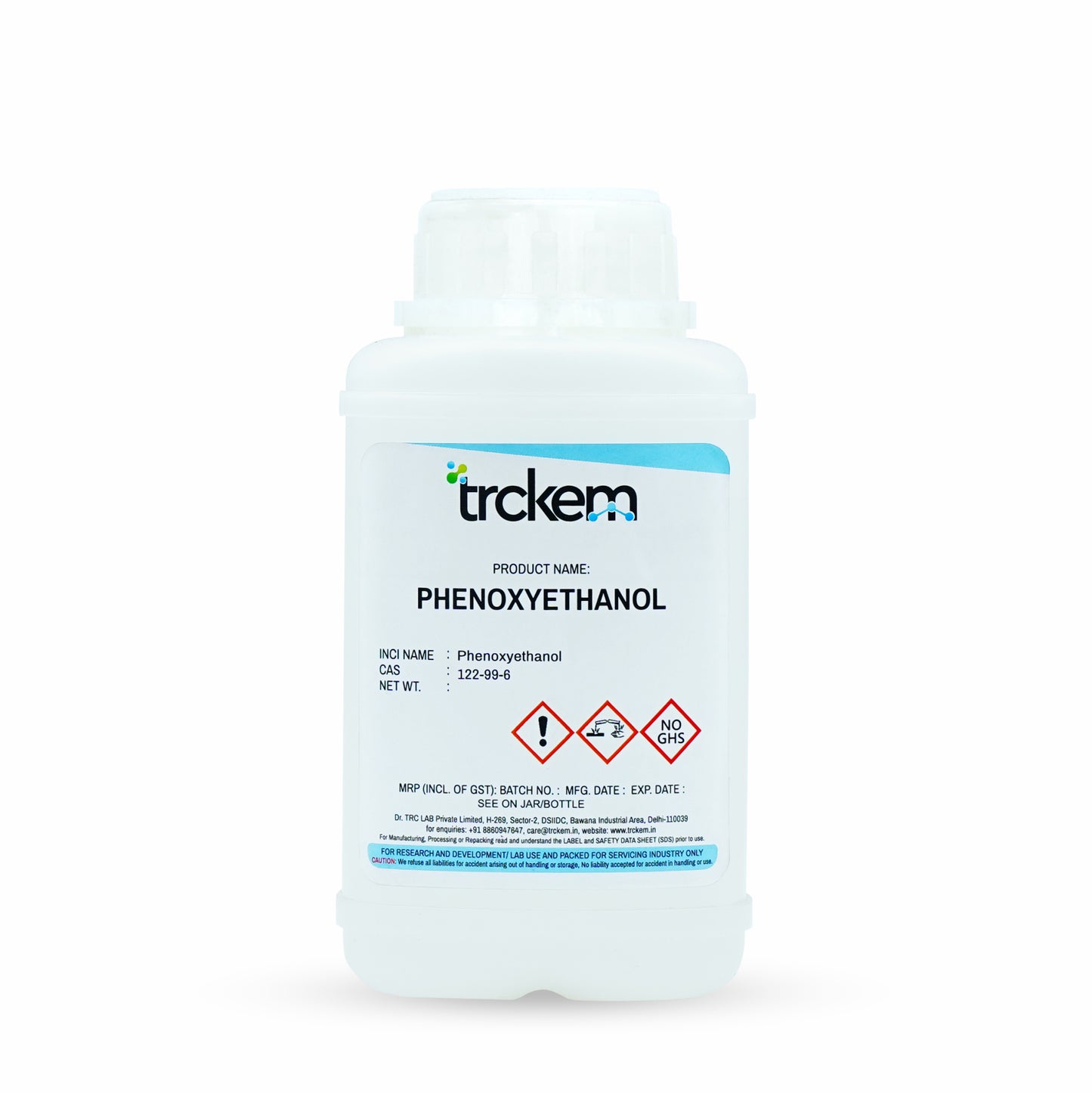
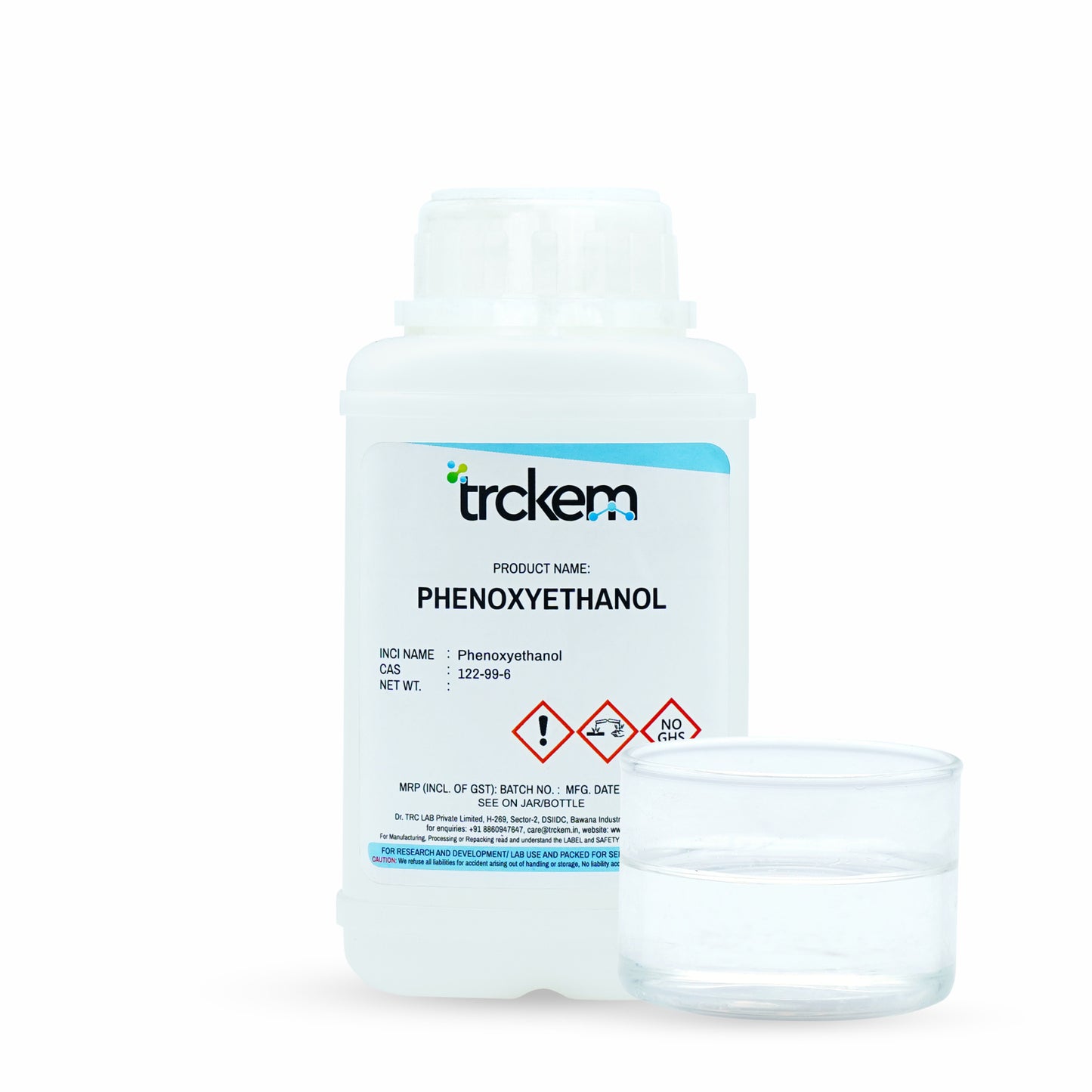
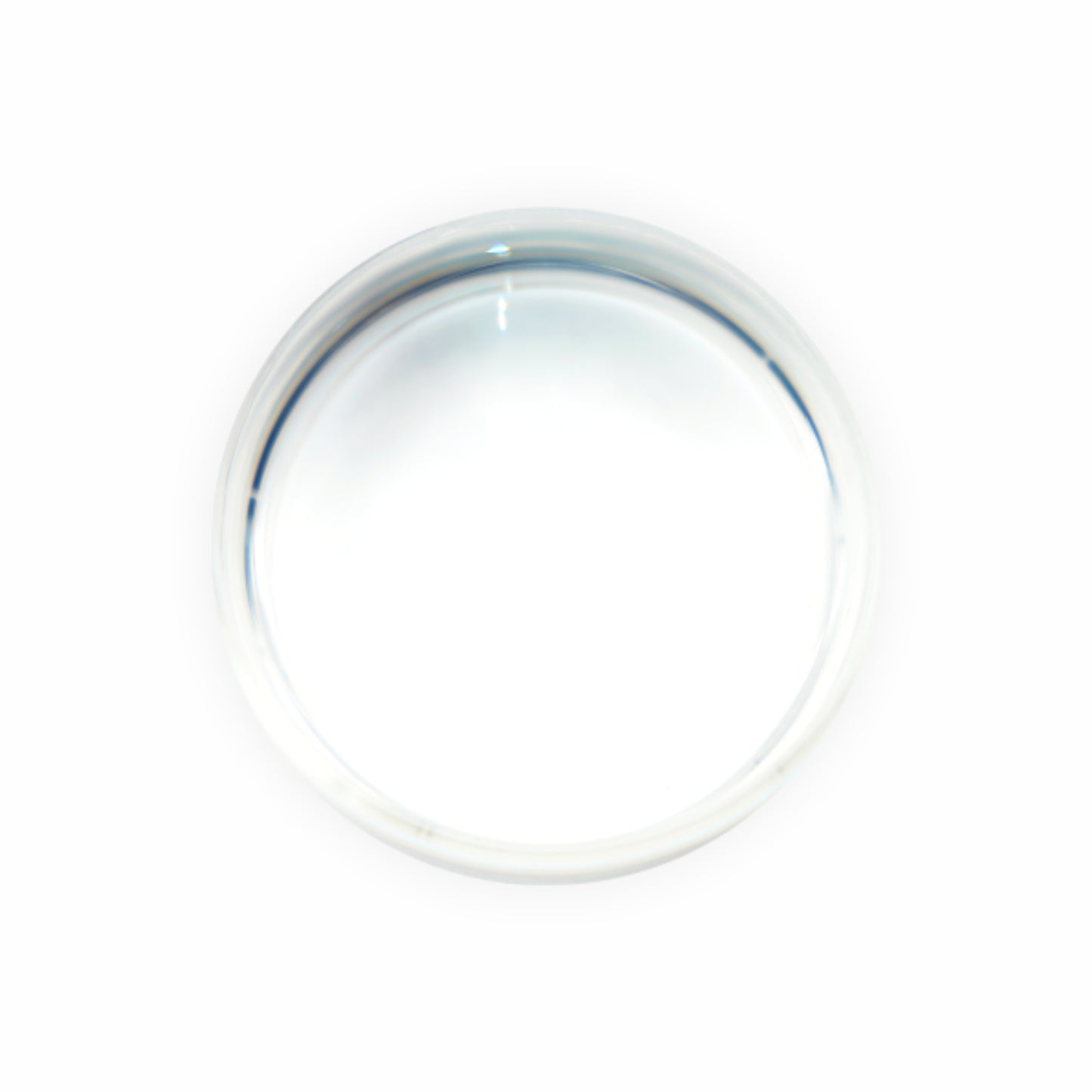
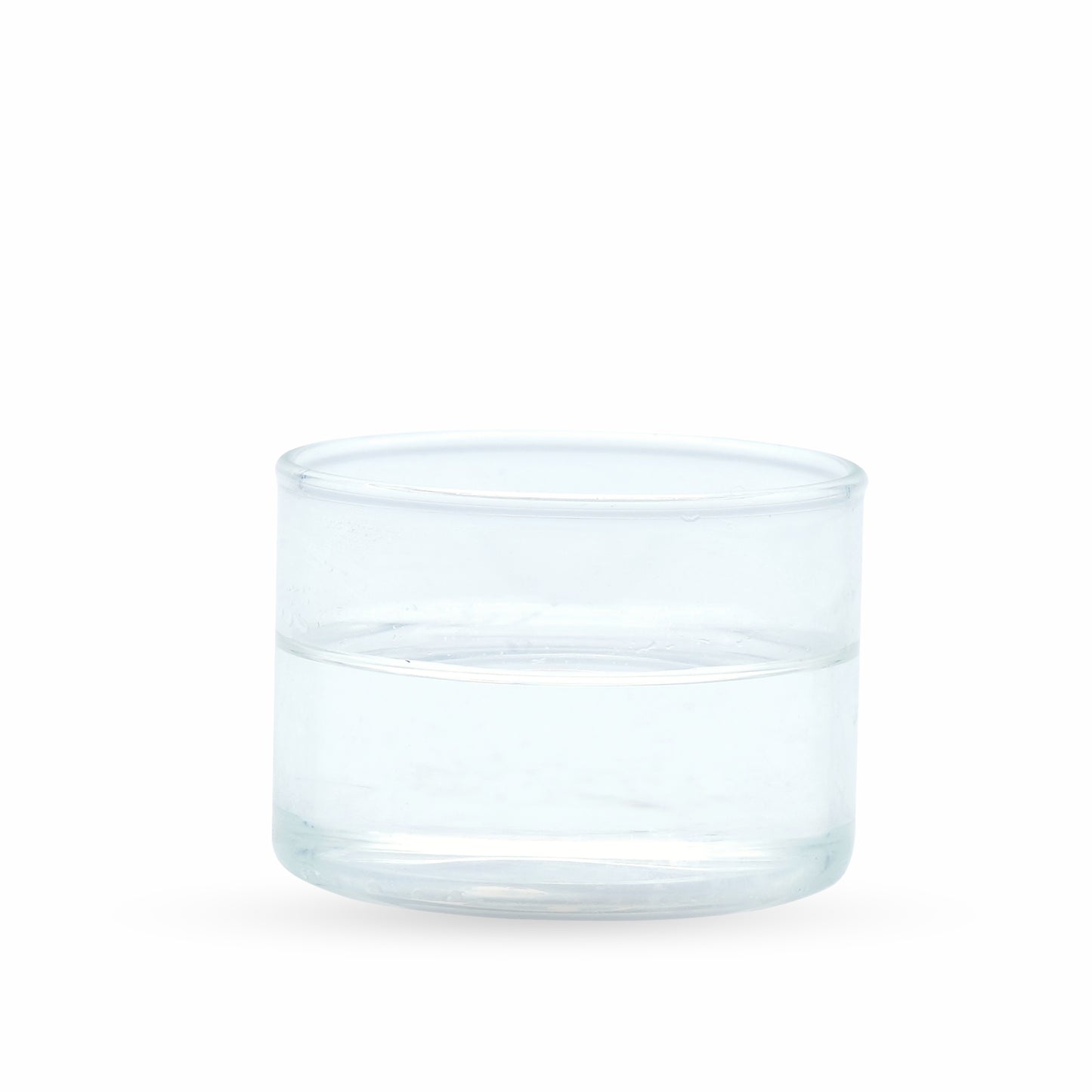
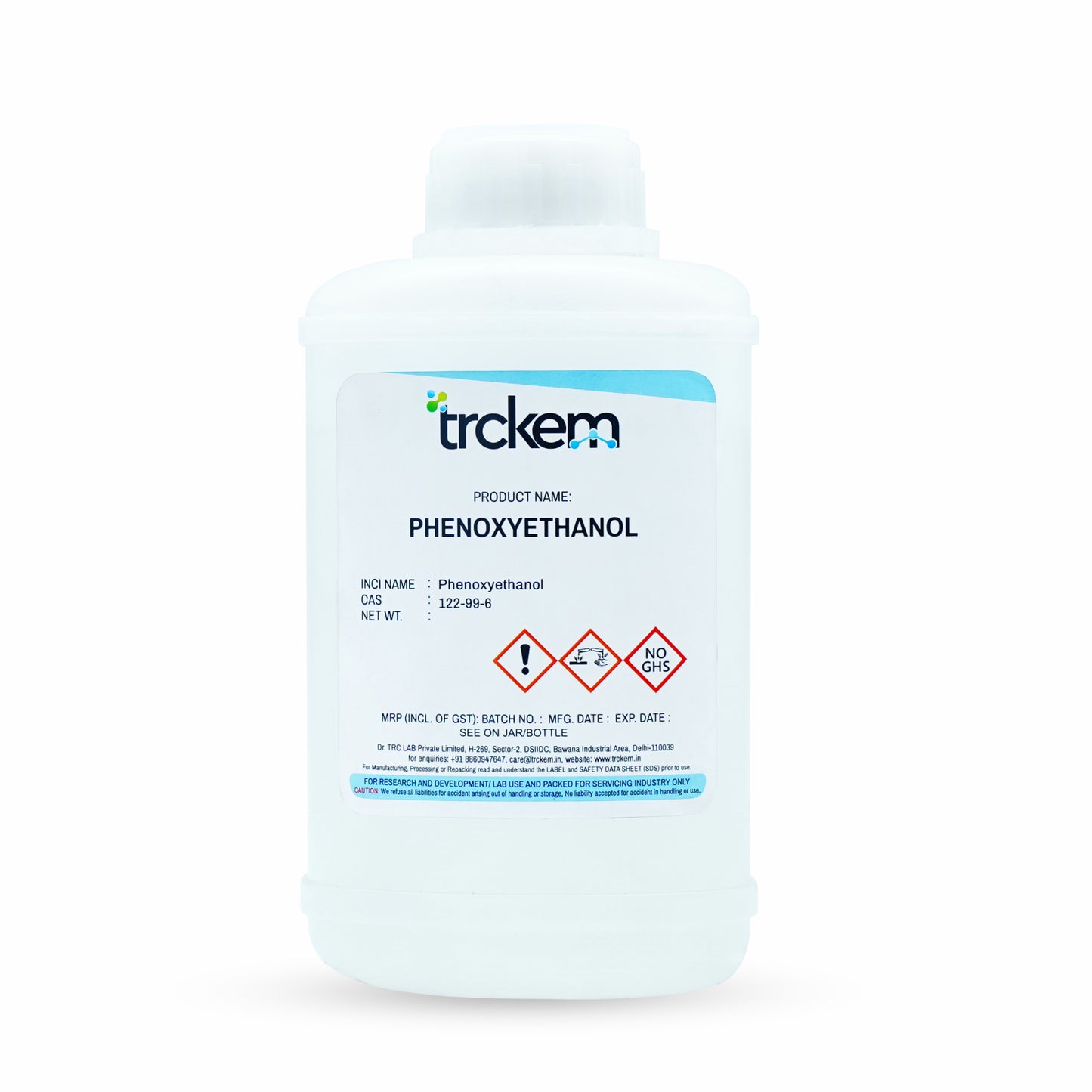
THE STORY OF PHENOXYETHANOL

Phenoxyethanol: The Trusted Modern Preservative for Safe, Stable Formulations
Phenoxyethanol is a highly effective, broad-spectrum preservative widely used in modern cosmetic and personal-care formulations. Known for its stability, mildness, and compatibility with a wide range of ingredients, it helps protect products from microbial contamination while maintaining safety and performance.

Produced Through High-Purity Ethoxylation Technology
Phenoxyethanol is produced through controlled ethoxylation of phenol followed by purification to achieve cosmetic-grade quality. Each batch undergoes strict quality checks to ensure low impurities, excellent stability, and consistent preservative performance across diverse cosmetic systems.

Reliable Antimicrobial Protection with Broad Compatibility
In cosmetics, Phenoxyethanol acts as an antimicrobial preservative effective against both bacteria and yeast.
It offers excellent compatibility with emulsions, gels, cleansers, toners, and leave-on skincare products. Its stability across pH ranges and ability to work in synergy with other preservatives make it a trusted choice in modern formulation science.

Safe, Stable, and Globally Accepted for Cosmetic Preservation
Used in skincare, haircare, makeup, baby care, and cleansing products.
Recommended usage: typically 0.5–1% depending on system and co-preservatives.
Store in tightly sealed containers, away from direct heat and light.
Phenoxyethanol is globally approved, non-volatile, and stable, offering a safe and dependable preservation system when used within regulatory guidelines.
Formulator’s Queries, We Answered
1. What is Phenoxyethanol?
Phenoxyethanol is a widely used preservative in personal care and cosmetic products. It helps prevent the growth of bacteria, fungi, and other microorganisms, ensuring product safety and longevity. It is often used as an alternative to parabens.
2. What is the CAS Number and INCI Name of Phenoxyethanol?
CAS Number: 122-99-6
INCI Name: Phenoxyethanol
3. What are the benefits of Phenoxyethanol in personal care products?
Phenoxyethanol provides several key benefits, including:
- Preservative Function: Protects formulations from microbial contamination.
- Extended Shelf Life: Helps maintain the integrity and safety of products.
- Mild on Skin: Considered a gentler preservative compared to harsher alternatives.
- Compatible with Many Ingredients: Works well in a variety of formulations.
- Effective at Low Concentrations: Provides protection even at small doses.
4. In which personal care products is Phenoxyethanol commonly used?
Phenoxyethanol is commonly found in:
- Moisturizers and creams (to prevent bacterial growth)
- Shampoos and conditioners (to maintain freshness and stability)
- Makeup products (for longer shelf life)
- Cleansers and facial toners (as a gentle antimicrobial agent)
- Sunscreens and lotions (to prevent contamination)
5. Is Phenoxyethanol safe for skin?
Yes, Phenoxyethanol is considered safe when used within the recommended concentrations (typically up to 1% in cosmetic formulations). It is non-irritating for most skin types but should be avoided in very high doses.
6. Can Phenoxyethanol be used in natural or organic formulations?
While Phenoxyethanol is synthetically derived, it is accepted in some natural and clean beauty formulations as a safer alternative to parabens. However, strict organic certifications may not allow its use.
7. Does Phenoxyethanol cause allergies or irritation?
Phenoxyethanol is generally well-tolerated, but individuals with sensitive skin may experience mild irritation in rare cases. A patch test is recommended for those with skin sensitivities.
8. How effective is Phenoxyethanol as a preservative?
It is highly effective against a broad spectrum of bacteria and fungi, making it a preferred choice for ensuring product safety and stability.
9. Can Phenoxyethanol be combined with other preservatives?
Yes, it is often used in combination with other preservatives like ethylhexylglycerin to enhance its antimicrobial efficacy.
10. How should Phenoxyethanol be stored?
Phenoxyethanol should be stored in a cool, dry place, away from direct sunlight and extreme temperatures, to maintain its effectiveness.
You Might Also Need
-
Vendor:Vendor
Example product title
Regular price Rs. 403.00Sale price Rs. 403.00 Regular priceUnit price per -
Vendor:Vendor
Example product title
Regular price Rs. 403.00Sale price Rs. 403.00 Regular priceUnit price per -
Vendor:Vendor
Example product title
Regular price Rs. 403.00Sale price Rs. 403.00 Regular priceUnit price per







